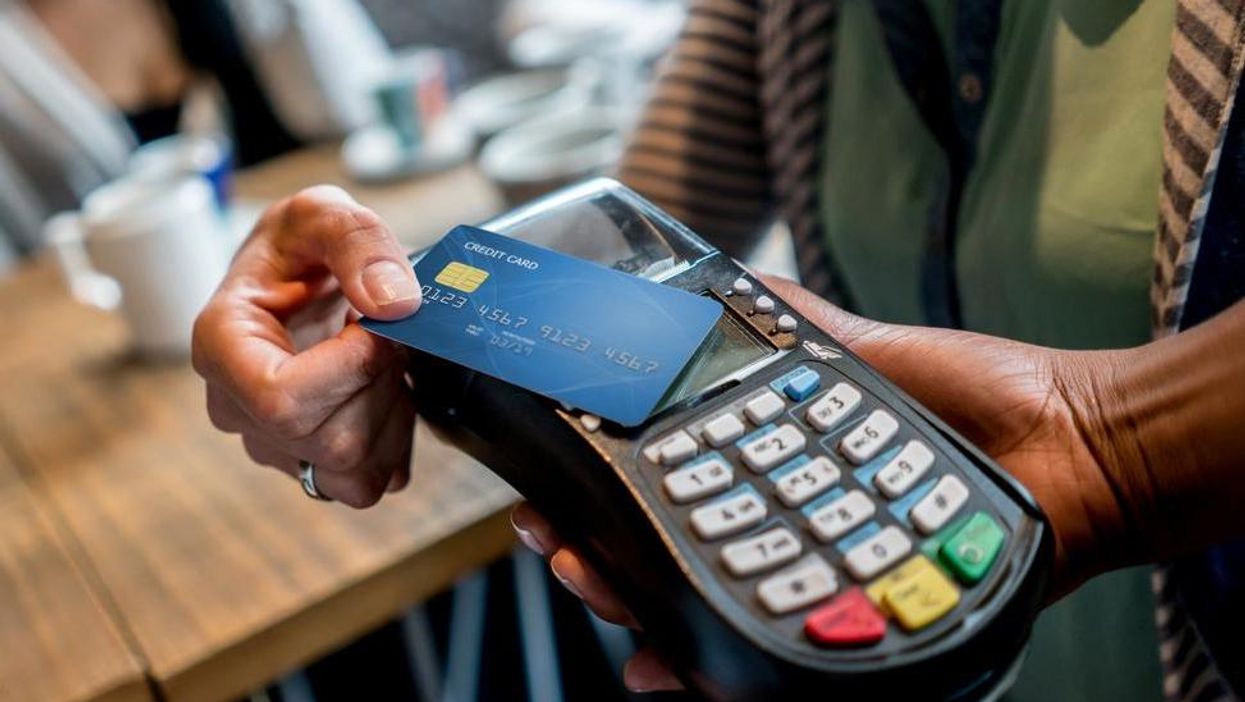News
Greg Evans
Jun 09, 2020

Picture:
Getty/iStock
Over the last two weeks, racism has been at the forefont of everyone's minds following the protests across the world following the horrific racist murder of George Floyd.
Floyd's murder and the subsequent discussions have driven thousands to the street to protest racism. And a key way that racism manifests is in wealth inequality.
So it's a good time to revisit this restaurant in New Orleans that, when the world wasn't locked down due to a pandemic, once charged white customers more.
SAARTJ is a pop-up restaurant in the Louisiana city run by local Nigerian chef Tunde Wey. At this restaurant, it was reported in 2018 that white customers would be charged $18 (£13) extra for their meal.
Much like the cafe in Melbourne, Australia which charged a 'man-tax' due to the gender pay gap, SAARTJ charged an increase to highlight the racial pay gap in New Orleans.
In 2013, a study found that the average household income of an African-American in the city was 54 per cent lower than that of a white person.
In 2018, customers were given two price options to choose from. Either $12 (£8.66) or the suggested price of $30 (£21.66).
As Tunde explained, the standard price is available to everyone, but only white customers were asked to consider the suggested price.
Speaking to Civil Eats in 2018, he said:
The standard price was available to all customers, while the suggested price was offered to white customers.
The pricing differential represents the wage disparity between black and white households in New Orleans.
The net profit collected from sales at the suggested price was redistributed to customers of colour.
The temporary scheme only ran for a month at the venue but it proved to be successful and helped create discussions.
Around 78 per cent of white customers chose to pay the extra fee, which he believed came through "positive social pressure" and the need to feel like someone is doing something to help others.
Tunde adds:
Refusing to pay more comes off as anti-social and people don’t want to be judged for that.
People look on the other side of the till and see me standing there and they’re thinking that I’m judging them.
If they couldn’t pay a higher amount, they gave a me a list of caveats why they couldn’t.
The success of the project helped raise awareness amongst all social groups. Although it did face some objections, it was mostly well received.
You may be wondering what the extra cash went towards.
Rather than going straight back into the business, Tunde hoped to redistribute the money back to his black customers, but he only managed to find six people who have signed up for the scheme.
However, the overall aim of the project, which concluded on 4 March 2018, was to educate people about racial wealth inequality and hope that the facts linger in their mind long after finishing their meal.
We’re told that if you work hard you’ll become wealthy—and that’s not true.
We want to provoke further thinking.
If one thing's for sure, further thinking on this topic is something that everyone, but especially white people, desperately need.
Top 100
The Conversation (0)













